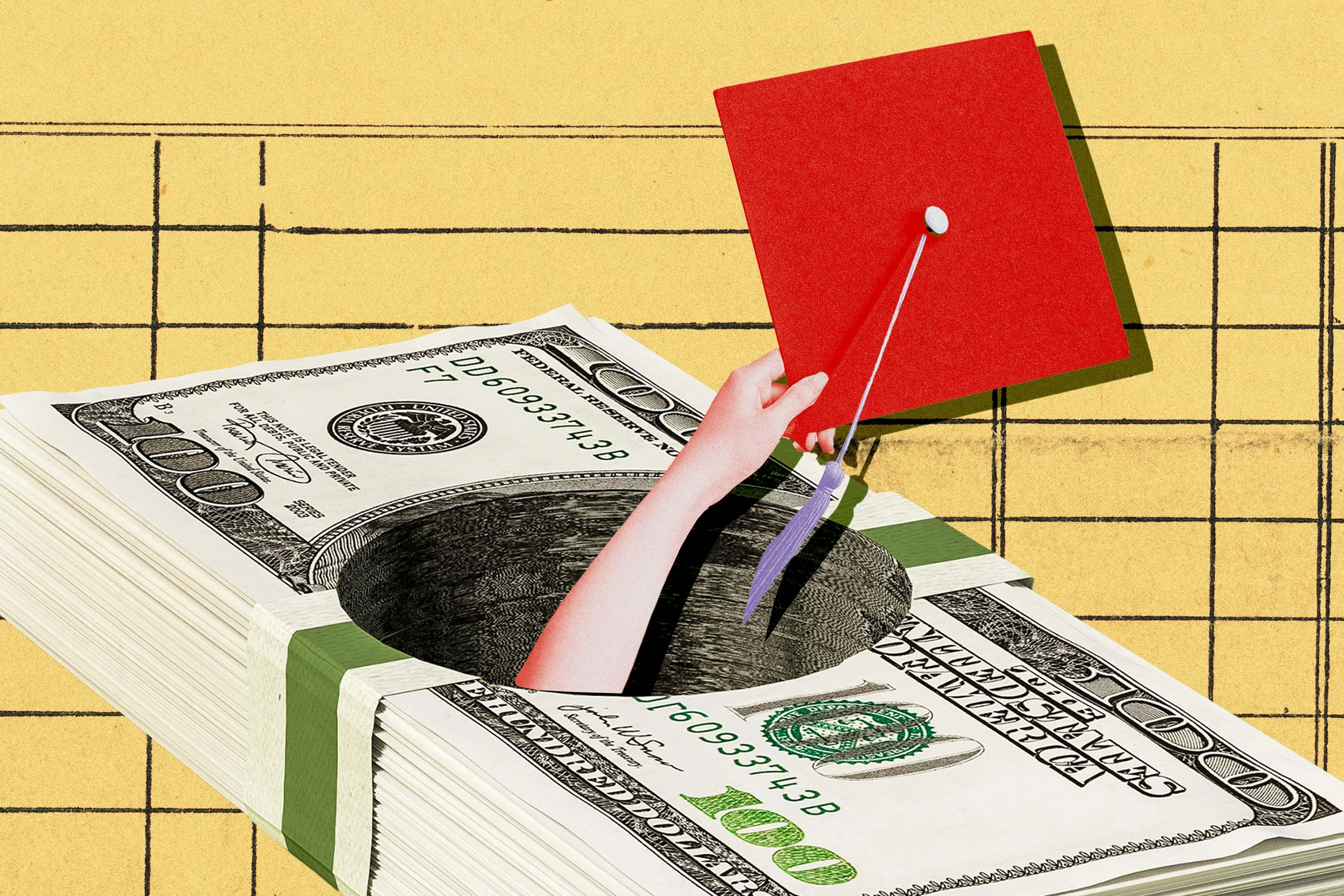Student Loan Delinquencies Hurt Average U.S. Credit Score

Federal student loan borrowers are facing a major crisis as they struggle to make payments on their loans, resulting in a significant impact on the average credit score for the entire country. According to a recent report by FICO, the national average credit score dropped to 715 in February, marking a one-point decrease from January and a two-point decline from the previous year.
Tommy Lee, senior director of analytics and scores at FICO, stated in the report that the drop in the average credit score is partially due to past-due federal student loan bills, which had been excluded from credit reports for nearly five years during and after the pandemic. In February alone, 2.7 million federal student loan borrowers had new late payments reflected on their credit reports, with many more expected to follow in the coming months.
While a one-point drop in the national average credit score may seem insignificant, it is a cause for concern for student loan borrowers. This decline is only the second time in the past decade that the average FICO score has decreased. FICO scores are commonly used by lenders to assess a borrower’s creditworthiness, with scores ranging from 300 to 850. A score of 670 to 739 is considered “good,” while anything above that is classified as “very good” or “excellent.” Scores below 670 are deemed “fair” or “poor,” resulting in higher interest rates or limited access to credit.
The sudden delinquency of millions of student loan borrowers can be attributed to the extended pause on federal loan payments implemented by former President Donald Trump during the early days of the pandemic. This pause was subsequently extended by President Joe Biden multiple times until October 2023. To aid borrowers in transitioning back to making payments after an extended period of non-payment, the Education Department under Biden implemented a year-long “on-ramp” period where delinquent payments were not reported to credit bureaus. However, this period ended in September 2024, resulting in a resurgence of delinquencies for many borrowers.
As a result of the renewed delinquencies, FICO estimates that upwards of 5.4 million borrowers are at risk of falling into 90-day delinquency on their student loans. This surge in delinquencies is expected to further impact the average FICO score in the coming months. With over 40 million Americans holding federal student loan debt totaling over $1.6 trillion, the financial implications of delinquent student loans are significant.
The consequences of a delinquent student loan on an individual’s credit score can be severe. Research from the New York Federal Reserve Bank suggests that borrowers with poor credit scores (620 and below) can experience an 87-point decline in their score due to delinquency. For borrowers with initial scores of 760 or higher, a delinquency can result in a 171-point drop. Despite the possibility of curing delinquencies, the damage to credit standing is long-lasting, remaining on credit reports for seven years.
In conclusion, the resurgence of student loan delinquencies is a pressing issue that is not only impacting individual borrowers but also the national average credit score. With millions of borrowers at risk of falling behind on their payments, it is essential for policymakers to address this crisis and provide support to struggling student loan borrowers.





